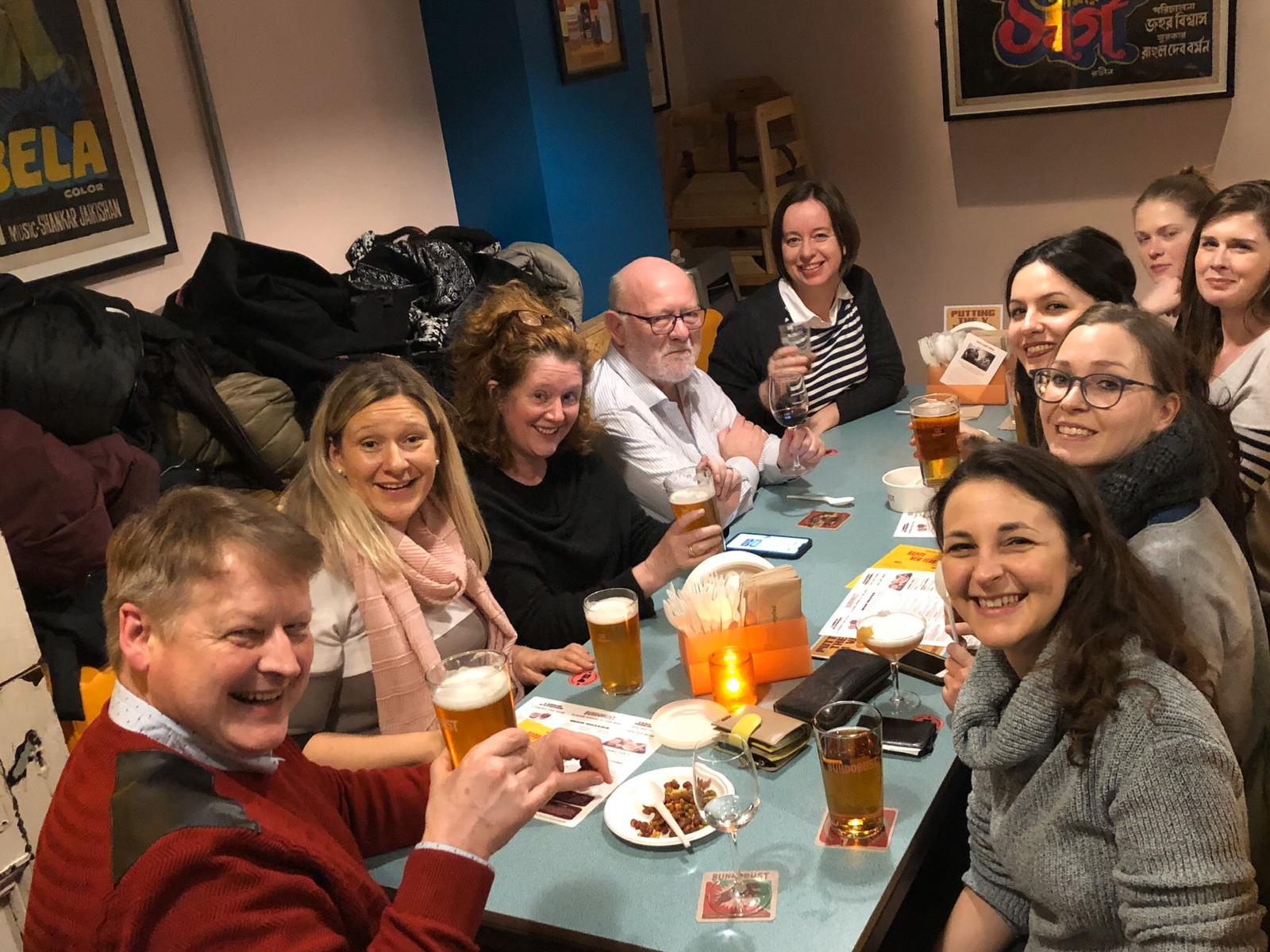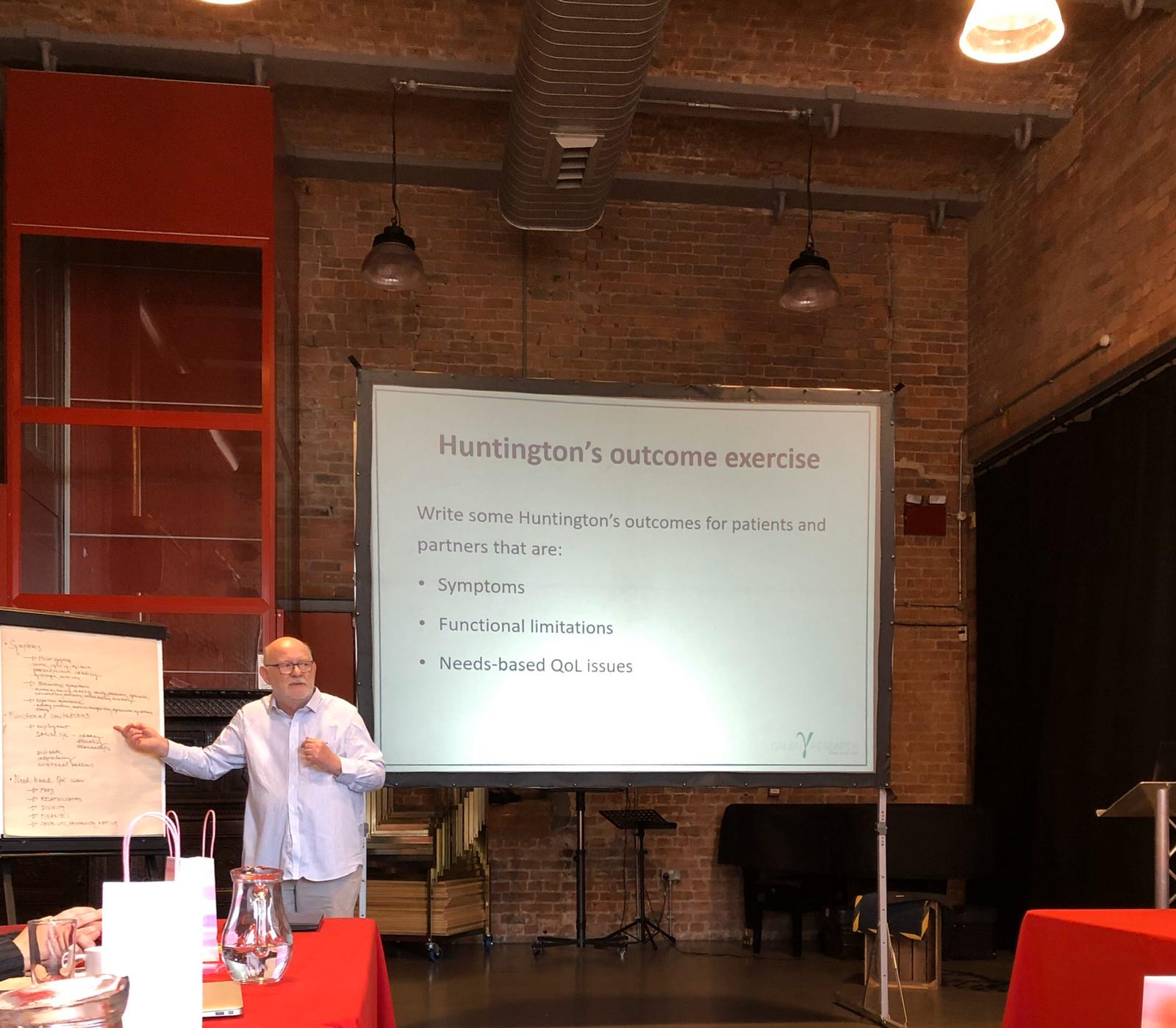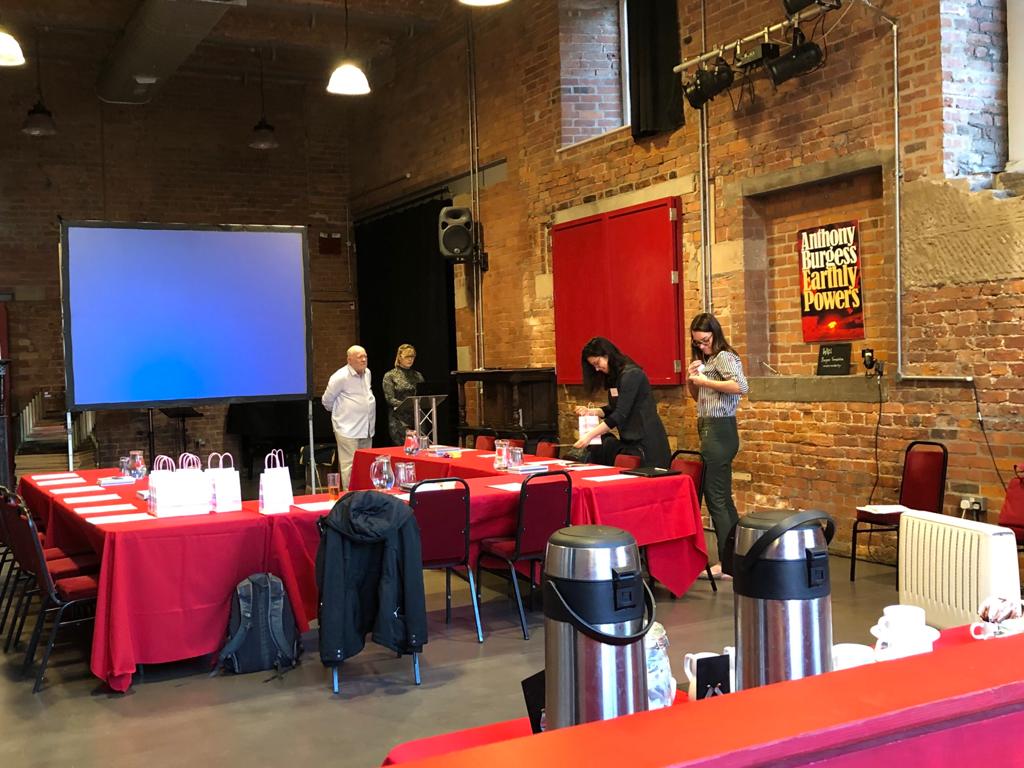
New treatments for the cure of Huntington's disease: launch of the telemedicine European project.
European EHealth Care Model for Rare Neurodegenerative Diseases (Health-RND) is a three-year telemedicine project funded under the European JPND (Joint Programme - Neurodegenerative Disease Research) to six research centers in six different European countries: Charles University of Prague for the Czech Republic , Bloomfield Hospital for Ireland, IRCCS Casa Sollievo della Sofferenza for Italy, Leiden University Medical Center and Huntington Center Overduin for Holland, ULM University for Germany, Galen Research Institute of Manchester to the United Kingdom.
To reach the specialized clinical centers, rare diseases' patients are often forced to make long journeys which, with the aggravation of the disease, become increasingly challenging to deal with. Health-RND aims to overcome this problem by developing a web platform that can offer patients the assistance and the information they need, directly to their home. In fact, the purpose of the study is to give the opportunity to anyone affected by a rare neurodegenerative disease, to access the best treatments regardless of their geographical distance from the specialized centers.
The project foresees Public and Patient Involvement (PPI): EHA will initiate and coordinate a panel with one representative from each national/regional HD association of the partner countries and one representative from another Rare Neurodegenerative Disease associations from each partner country. The panel will be called: Family and Patient Expert Panel (FPEP). Throughout the project representatives from the Expert panel will be involved in the development of plans and execution of all the different elements of the project the involvement of patient representatives. Health-RND in fact, 'uses' Huntington's disease as a model, but the tool will also be applicable to other rare neurodegenerative diseases. Lega Italiana Ricerca Huntington Foundation has been chosen as a partner to represent the requests of Italian patients, together with the FSHD, Facio-Scapolo-Omerale Muscular Dystrophy Federation.
We should set the highest value, not on living, but on living well. Plato
On the 5th and 6th of February, the first project meeting was held in Manchester to develop the first working tool, i.e. a questionnaire to assess the patients' and their caregivers' needs able to take into account all aspects of the their lives, not only the strictly medical ones. The originality of the questionnaire is that the needs of the patients will not be identified by the 'experts' but by the patients and their caregivers themselves
In fact, they will answer to questions that don't concern only the symptoms of the disease and the level of their functional abilities, but will take into account also different aspects of their lives, including the social and relational ones. This will lead to the development of a platform that can provide them with advice and assistance on physiotherapy to prevent falls, speech therapy to improve speech and swallowing and strategies to keep mood swings under control. Patient and caregiver discussions and two-to-one sessions between patient and specialist will be available, tailored to the specific needs of each individual patient, which will be different one another.
The first meeting held in Manchester, marked the beginning of the project and it focused on the structure and content of the interviews to be submitted to the patients', those will also be discussed with the patient organizations. The meeting was attended by the psychologist Sabrina Maffi representing the Italian research center, the IRCCS "Casa Sollievo della Sofferenza"- Huntington and Rare Diseases Unit, directed by prof. Ferdinando Squitieri.
The cure of the disease cannot be separated from the cure of each person and it is for this reason that scientific research and assistance are, for us, two sides of the same coin.
We care for research. We research with care.


